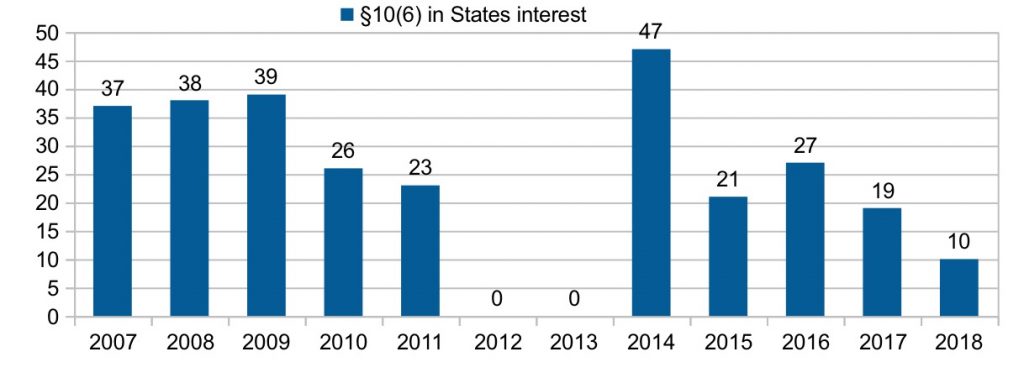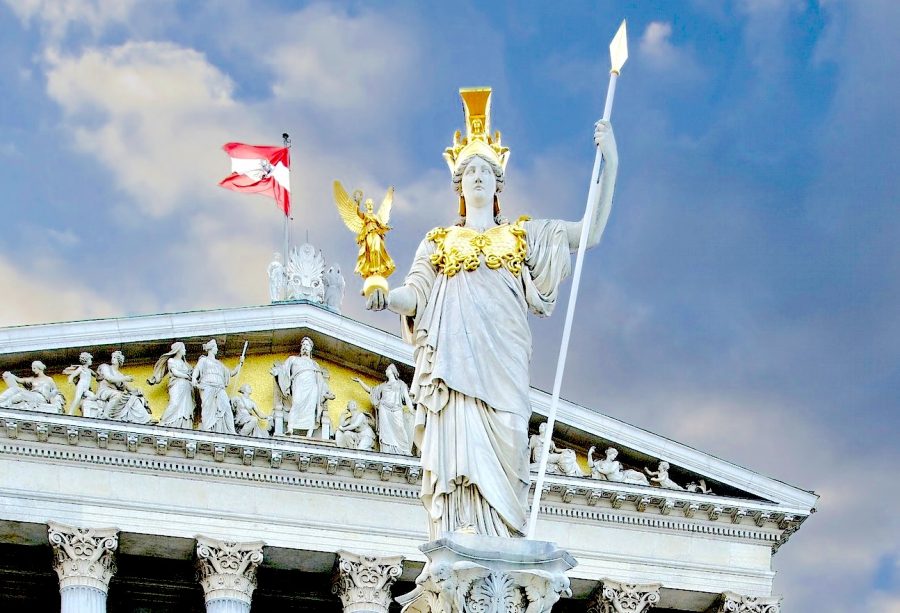Austria is the fourth peaceful country in the world and is considered one of the best european countries to live, work, study and retire. The Austrian capital vienna, is an important hub for international trade and political events, recently ranked as the best livable city in the world.
Article 10(6) of the Austrian citizenship act, grants discretionary citizenship by naturalization for extraordinary contribution to Austria in the fields of science, technology, arts and economic activity as well. This is not honorary citizenship, rather citizenship of merit granted in the interest of the state.
The following conditions are waived for discretionary naturalization.
- Uninterrupted legal residence
- Proof of German language skills
- Knowledge of the democratic system and history of Austria and Vienna
- Sufficient means of subsistence
- Renunciation of current citizenship
At its meeting on 25 February 2014, concerning the criteria for granting citizenship in the special interest of the Republic, the Council of Ministers adopted the decisions in accordance with Article 10 (6) of the Citizenship Act 1985 (StbG).
The four following fields of activity together with the indicated criteria was identified as examples in the special interest of Austria, this is not exhaustive list.
1. Scientific
- Scientific activity in areas not yet developed or the further development of scientific fields;
- Predominantly permanent employment in Austria or when working abroad, if the scientific activity was predominantly for Austrian or Austrian-based science and research institutions;
- high reputation in the international scientific community and international recognition;
- National and international publications;
- Transfer of knowledge from new knowledge acquired abroad to Austria (eg to students and other scientists);
- Active recognized research activities;
- Teaching at Austrian universities;
2. Economic
- Owner of a company or executive function with significant influence in a company; the board membership on its own is not sufficient;
- High economic performance of the company;
- Creating and securing employment on the Austrian labor market to a relevant extent, especially in economically weak regions of Austria;
- Relevant investments, in particular already made or projects carried out by the company in Austria; mere cash flows are not sufficient;
- Name recognition of the company also abroad;
- Promotion of bilateral and multilateral foreign relations of Austria in the economic sector;
3. Sports
- There is currently no other, with regard to the performance level comparable Austrian athletes available, not even from the junior area;
- The outstanding sporting achievements have already been made in Austria over a longer period, which amounts to at least one year;
- Foreseeable that the active, successful career as an athlete, especially taking into account his age, will last even longer;
- Intention and formal right of immediate applicability in an Austrian national team;
- Very good placements at national or international competitions as individuals or with the team;
4. Artistic
- The individual artistic achievement represents a significant contribution to the art scene in Austria;
- The extraordinary artistic qualifications provide essential services in the field of education at Austrian universities;
- Strengthening and disseminating the artistic reputation of the Republic of Austria at the international level;
- The outstanding artistic achievement of the individual attracts the audience;
- Development of own technique, reactivation of an old art technique in new use or development of a new, modern art form.
In 2018, Austria granted 10 citizenships for extraordinary achievements in state’s interest. Since 2007, a total of 287 citizenships granted in the interest of the state, according to citizenship statistics released by Statistik office of Austria.

Ordinary Naturalizations
Austria under ordinary naturalization, requires atleast ten years of residence to acquire citizenship. Further, it is important to note that Austria does not allow dual citizenship for naturalized persons. Further conditions include german language skills and cultural integration.
According to statistics austria, a total 5 349 persons acquired Austrian citizenship during the first half of 2019, of which one third are those born in Austria. 601 persons granted citizenship after completing at least ten years of residence
The largest groups of naturalised people (41.6%) were former citizens of
- Bosnia and Herzegovina (585),
- Turkey (485),
- Serbia (418),
- Kosovo (316),
- the Russian Federation (230) and
- Afghanistan (193).
Vienna had the highest number of naturalizations, reported the statistics office
- Vienna (+ 8.9 % to 2,348)
- Upper Austria (+ 31.8% to 766)
- Salzburg (+ 76.6% to 242 naturalizations)
- Styria (+ 18.3% to 472), and
- Tyrol (+ 3,9% to 320)
Further, 1,020 EU citizens were granted Austrian citizenship from January to June 2019, including 191 Romanians, 127 Germans, 124 Croatians and 112 Hungarians.





